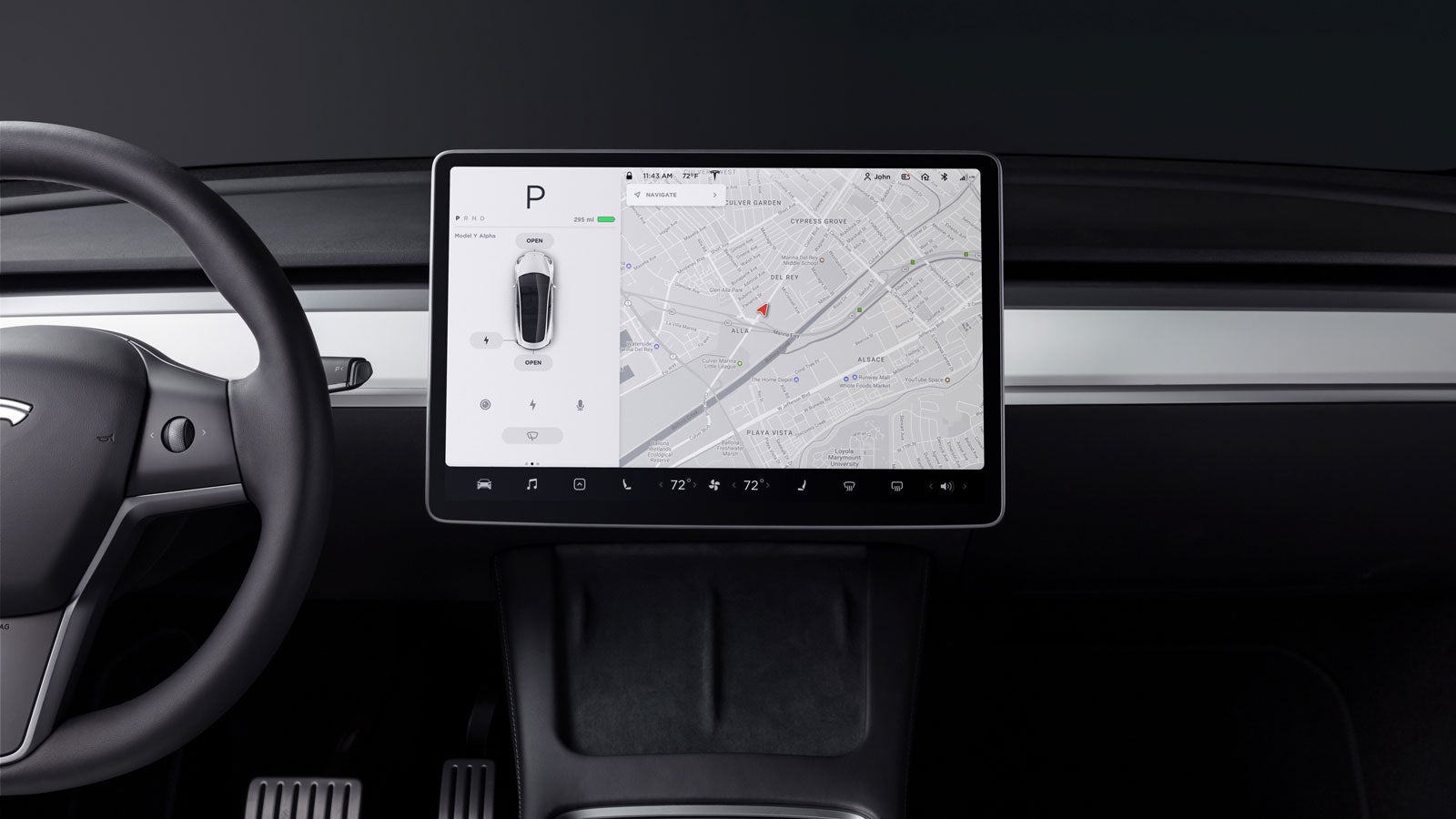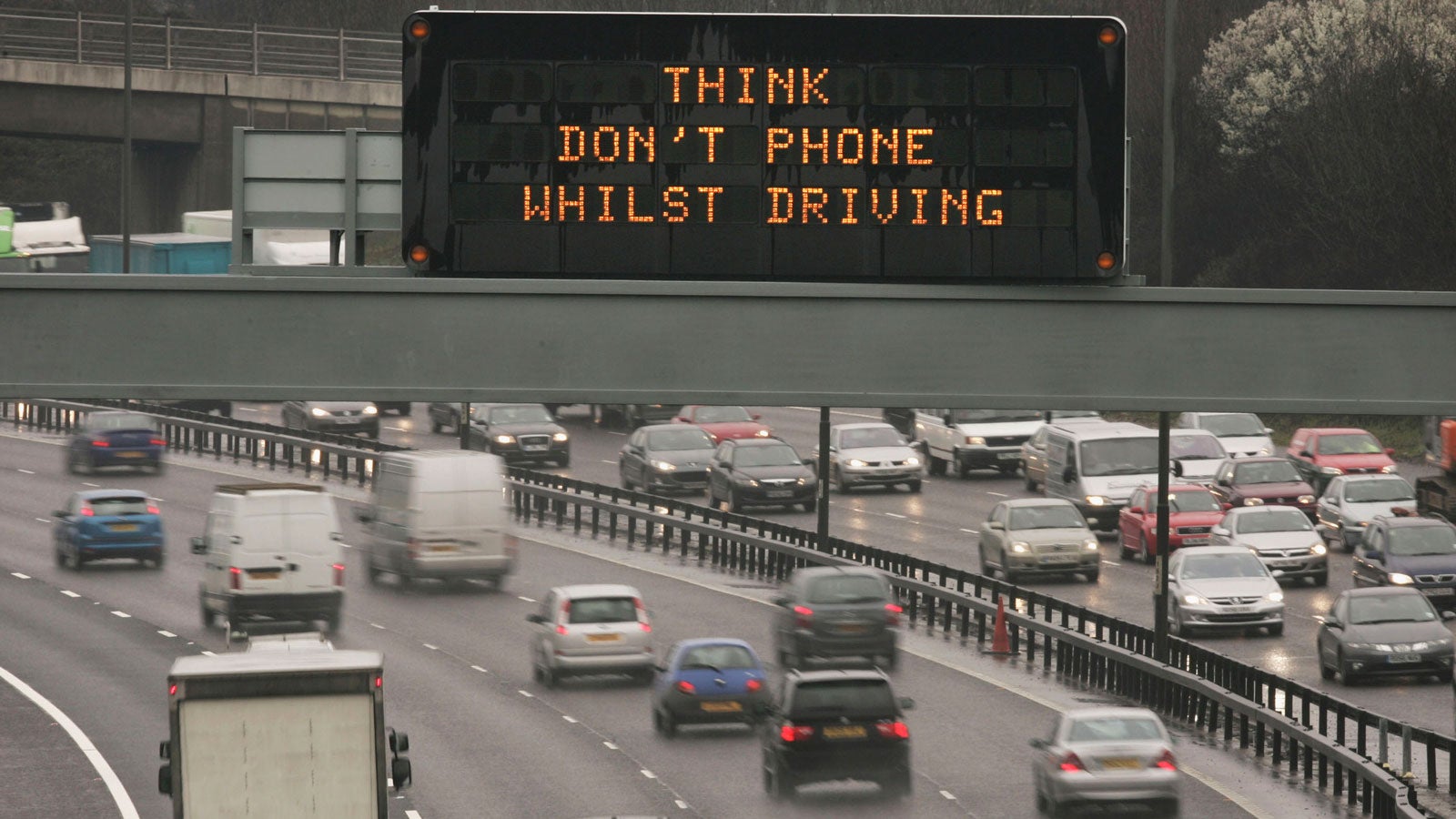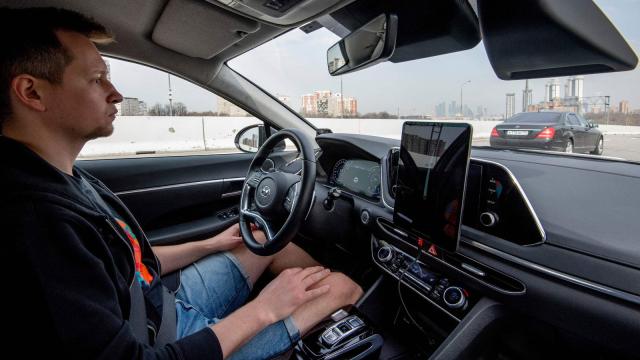The vision of a totally self-driving car where you can nap in the back seat or relax with friends while being whisked along is something that we’ve been promised for years. Sci-fi shows predicted that this was exactly what the future might hold, and carmakers have been scrapping to make it a reality for decades.
But while this futuristic idea may not have quite made it to fruition just yet, policy makers are starting to prepare for the day that it does become reality.
As such, lawmakers in the UK have begun updating the Highway Code with a new set of rules and regulations that apply to anyone who finds themselves riding in an autonomous car.
As you might have guessed, the Highway Code is the book of rules you need to follow when you’re driving in the UK. It includes things like rights of way, speed limits and what the various signs you might spot while driving all mean. It’s a thrilling read.
And the code has been updated with a new section that relates entirely to self-driving cars.
It’s important to note that these new rules do not apply to vehicles that are fitted with assisted driving features. Drivers of cars with these features, such as Tesla’s Autopilot Level 2 driver-assist system, “should not reduce” their concentration levels while driving. That means eyes on the road ahead at all times.

So, what do the new rules of the road say when it comes to self-driving cars?
Well, the UK government says it wants “users of self-driving vehicles to be able to safely make the most of their vehicle’s capabilities.”
And that, it explains, means rescinding a law that prevents drivers from viewing any non-driving-related content on “television-receiving apparatus.” This basically means extending what you can show on the increasing number of screens you find in the modern car.
So, in a self-driving car, the screens won’t just be limited to sat nav functions. They will instead be able to showcase anything you might want to watch on TV.
But, the one limitation here is that the TV you want to watch can only be played through the car’s built-in infotainment system. That means no scrolling through Tik Tok on your phone while you’re behind the wheel. And, watching movies on your tablet is also off limits.
This is because research found that using handheld devices “has a marked impact on the time drivers take to respond to transition demands,” if they are asked to take control of the self-driving car once again.

In order to make the most of this new rule, drivers must be operating a vehicle that is fully driving itself and has been listed as an automated vehicle under the Automated and Electric Vehicles Act 2018.
According to the UK government, this would include any “vehicles that can safely and lawfully drive themselves.” But, the list of cars affected by the proposed laws currently states that there are “no self-driving vehicles listed for use in Great Britain.”
So, it looks like your dream of lounging back and watching TV while you’re whisked to your destination may be on hold for a few more years. Well, unless you get a magical machine called a train.
